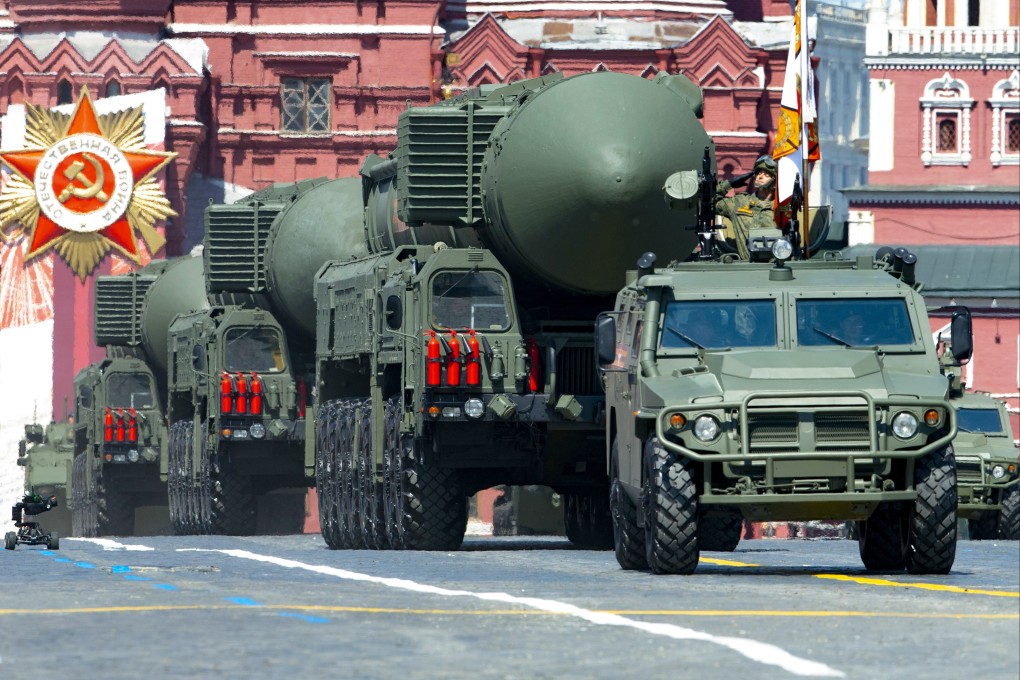Advertisement
Opinion | The world needs to talk about a more dangerous problem than climate change: nuclear weapons
- The US is considering a ‘no first use’ policy, when states are seeking to modernise their nuclear arsenals
- Rather than demanding that North Korea alone get rid of its nukes, global denuclearisation should be on the agenda
Reading Time:3 minutes
Why you can trust SCMP
7

The prospect of nuclear war is frightening beyond imagination. We talk in the abstract about the millions who would die but are reluctant to accept the reality that the worst might someday come true.
Such talk echoes through the media whenever the question arises of who might strike first. We’re accustomed to hearing aggrieved expressions of doubt and sensitivities. Such talk assumes urgency as the US considers whether to adopt a policy of “no first use”, meaning it would not initiate a nuclear holocaust.
This debate strikes a special chord with Americans, considering the US’ place in global history as the first country to use nuclear weapons. The atomic bombings of Hiroshima and Nagasaki in August 1945 led Japan’s Emperor Hirohito to call on his people “to pave the way for a grand peace for all the generations to come by enduring the unendurable and suffering what is insufferable”.
Advertisement
With those immortal words, the Japanese surrendered unconditionally, giving up all the territories they had conquered.
In the ecstasy of triumph and relief over Japan’s defeat, it was easy to overlook images of charred, burned bodies and urban wasteland or the long ordeal of those who would suffer and die months or years later from nuclear radiation.
Advertisement
Rather than focus on global denuclearisation, policymakers wonder whether the US should wait for some other country, maybe Russia (estimated to have well over 6,000 nukes, about 700 more than the US), China (which has about 300), or North Korea (which has a few dozen), to conduct the first nuclear strike before firing back.
Advertisement
Select Voice
Select Speed
1.00x
